Following The Film Stage’s collective top 50 films of 2024, as part of our year-end coverage, our contributors are sharing their personal top 10 lists.
No matter what 2025 brings, 2024 in cinema felt like a year of unprecedented freedom and resistance in global and domestic affairs. In many ways, the anxieties expressed in 2024 reminded me of 1999. Culture can be a canary in the coal mine.
The year’s best and most essential films chose to fight back and comment on the “machine.” This year’s boldest films included sprawling epics, essential documentaries, personal stories, and a surprising number of unhinged works of fantasy. Call it the year of YOLO (full disclosure – one of the films I missed this year was Jia Ling’s Yolo), where on one end, films like Love Lies Bleeding, Aggro Dr1ft, Rumours, Megalopolis, Longlegs, Anora, Strange Darling, Armand, The Beast, Horizon: An American Saga – Chapter 1, Kinds of Kindness, The End, The Girl With the Needle, The Brutalist, The Human Surge 3, and The Substance offered exciting, riveting and uninhibited filmmaking unpacking myriad contemporary issues often playfully while films like Civil War, 2073, The Seed of the Sacred Fig, Kneecap, I’m Still Here and Santosh were direct, paradigm-shifting confrontations and provocations. 2024 was not a year that treaded lightly at either the arthouse or the multiplex.
There was no shortage of personal films that offered catharsis, like the year’s best animated film Memoir of a Snail, the meditative sci-fi drama Meanwhile on Earth, Pedro Almodóvar’s first English language feature The Room Next Door, the brilliant performances at the center of Daddio, the playful comedy of Universal Language, the impactful story of the repatriation of one’s history (Dahomey) and a powerful and unexpectedly funny film about remembrance and mourning, A Real Pain. This year was a bold year for cinema, and picking just ten films to write about presents its usual challenges: for one, how can an individual see every movie released during the year, and what exactly qualifies? (The editors of The Film Stage thankfully keep tabs on what opens for an Oscar-qualifying run, which is our guide––many of these films opened quietly for a few shows a week in New York and LA and are returning to traditional platform releases in the coming weeks).
In my career as a curator and writer, it’s important to disclose the frequency by which we confront difficult films, especially in non-fiction. This is why my limit of films per day at a non-fiction festival like DOC NYC is two, and that can be as emotionally exhausting as seeing five or six per day at TIFF, Sundance, and SXSW. While the bravery of filmmakers to tell their stories must be commended, as a viewer it’s impossible to detach ourselves as we bear witness to real trauma in films like Black Box Diaries (which included a thoughtful trigger warning) and the destruction at the center of Porcelain War and this year’s most vital film No Other Land.
The year was also full of joy on screen and a few overlooked titles worth mentioning: La Chimera, Babes, Hit Man, Didi, Thelma, Sing Sing, Saturday Night, Better Man, Robot Dreams, and Wallace & Gromit: Vengeance Most Fowl all offered bright spots with moments that made me smile and filled me with hope. Somehow, heartbreak feels good in a place like this when in the presence of films that aim to entertain and inspire.
Between regular moviegoing, film festivals, the year-end consideration crunch, and curating the Buffalo International Film Festival, I watched close to a thousand shorts and features. Curating this top ten list of personal favorites and films that left a lasting impact on me was a difficult task, especially when it came to choosing the best film of the year.
This year’s top of my list is a tie between two very different films. Mike Leigh’s Hard Truths, by one of my favorite directors, has a keen sense of tone, and the film is a masterclass in drama that is both hilarious and poignant. No Other Land by Yuval Abraham, Basel Adra, Rachel Szor, and Hamdan Ballal is a difficult film to look away from and a harder film to shake. It is the most vital and heartbreaking film of the year––a vérité-style documentary that extends from the advocacy of its makers. One of the most acclaimed documentaries of the year, it explores a conflict that has only continued to escalate after the bulk of the film was completed. It is bearing witness to the state-sanctioned destruction of a peaceful society in the southern West Bank.
While Hard Truths is my favorite film of the year, No Other Land is the most important film of the year and a vital personal story that must be seen. While the film continues to search for a distributor sales agent Cinetic Media has taken the step of ensuring one-week runs. Hard Truths, along with several others on this list, will be rolling out nationwide in the coming weeks.
Honorable mentions: All We Imagine As Light, The Beast, Black Box Diaries, La Chimera, Civil War, Challengers, The Old Oak, Evil Does Not Exist, Green Border, Kneecap, One Life, Santosh, The Seed of the Sacred Fig, Queer, and Vermiglio.
10. Dahomey (Mati Diop)
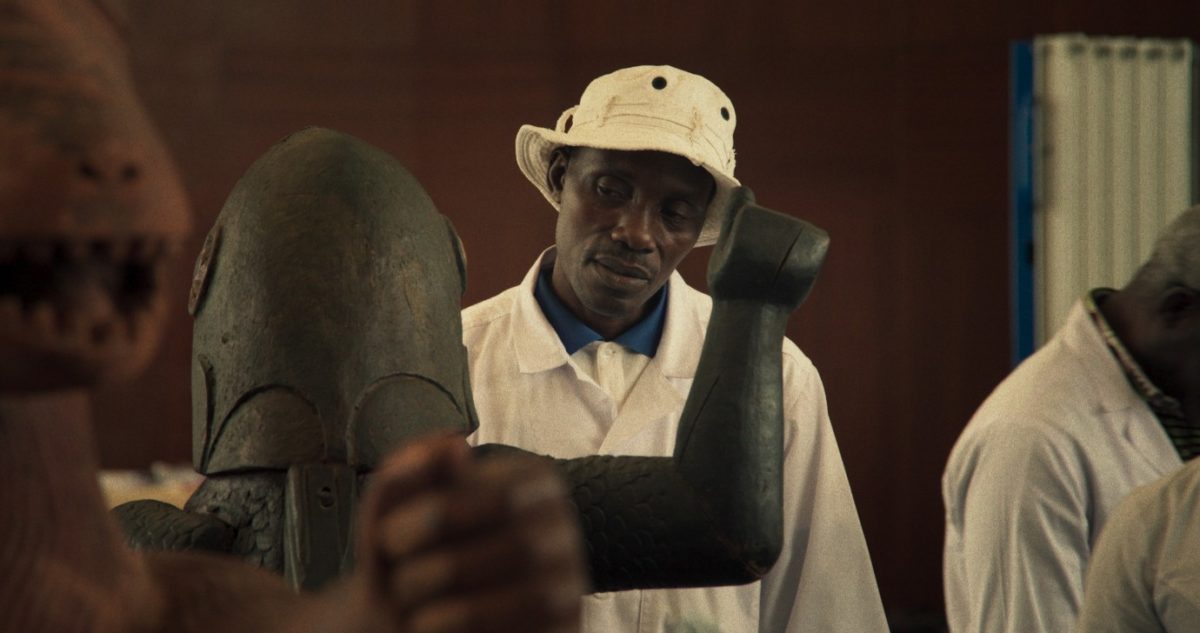
Dahomey is one of the most moving pictures of the year simply because it’s illuminating to watch artifacts from the Kingdom of Dahomey repatriated from Paris to Benin. Directed by Mati Diop who quickly picked up a camera to capture the return of these mythic historical works and the cultural impact of their repatriation, Dahomey is an enlightening essay film operating in multiple modes: in one instance Diop attempts to enter the consciousness of the objects, while also highlighting the movement of, the ceremony of, and a conversation amongst students and faculty at University of Abomey-Calavi once the antiquities have returned home.
9. Universal Language (Matthew Rankin)
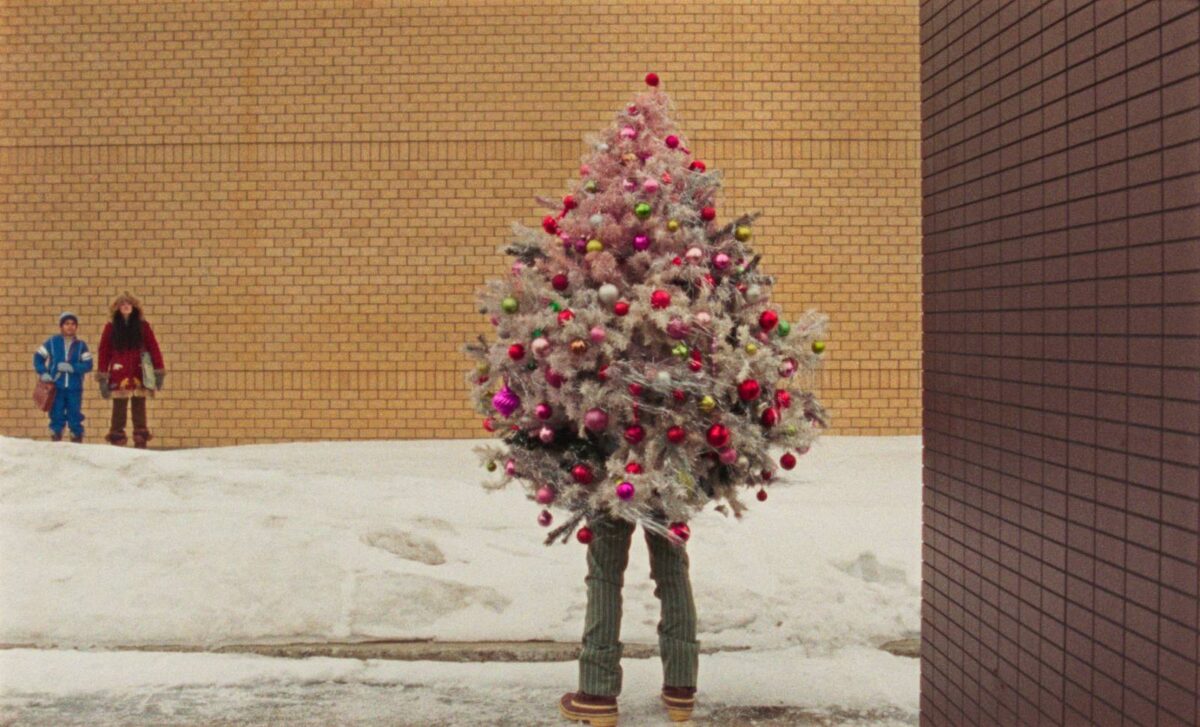
Matthew Rankin’s surreal triptych, set somewhere between Winnipeg and Montreal in a mysterious Canadian version of Tehran, is a personal film that opens with a cheeky note describing itself as an act of “friendship.” Tracing the stories of a diplomat (Rankin) who drugs himself to sleep on a bus ride through Ontario, a group of students looking to help their classmate regain glasses stolen by a turkey, and the quirky inhabitants of a land between cultures, Universal Language is pure joy, often funny, oddly moving and constantly innovative. Fans of Wes Anderson and Aki Kaurismäki should feel right at home. Of course, it all comes to a head at a mythical Iranian Tim Hortons knockoff because what could be a more symbolic fusion of Persian and Canadian culture?
8. Memoir of a Snail (Adam Elliot)
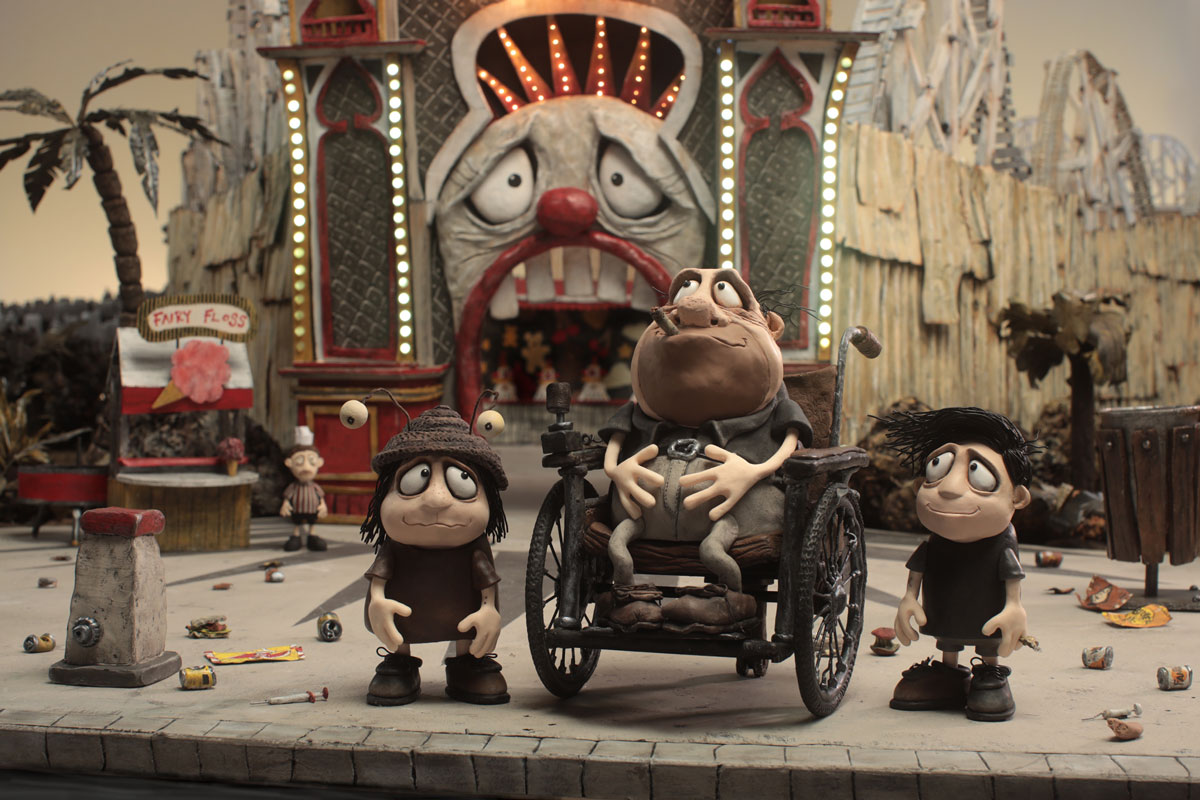
With an all-star voice cast including Sarah Snook, Kodi Smit-McPhee, Eric Bana, Nick Cave, and Jacki Weaver, Adam Elliot’s stop-motion drama Memoir of a Snail is one of the most profoundly human films of the year. Snook voices Grace, a young snail born into a broken home and separated from her brother Gilbert (Smit-McPhee) after her father’s passing. She flounders through traumas until meeting Pinky (Weaver), an eccentric older woman who takes her under her wing and nurses her back to health after an abusive relationship. Although a work of fiction, Elliot’s dark, moving, and at times quite funny film reads like an essay on trauma and healing. With a gothic, lo-fi, handmade charm, it’s an emotional roller coaster full of wisdom and wit.
7. Touch (Baltasar Kormákur)
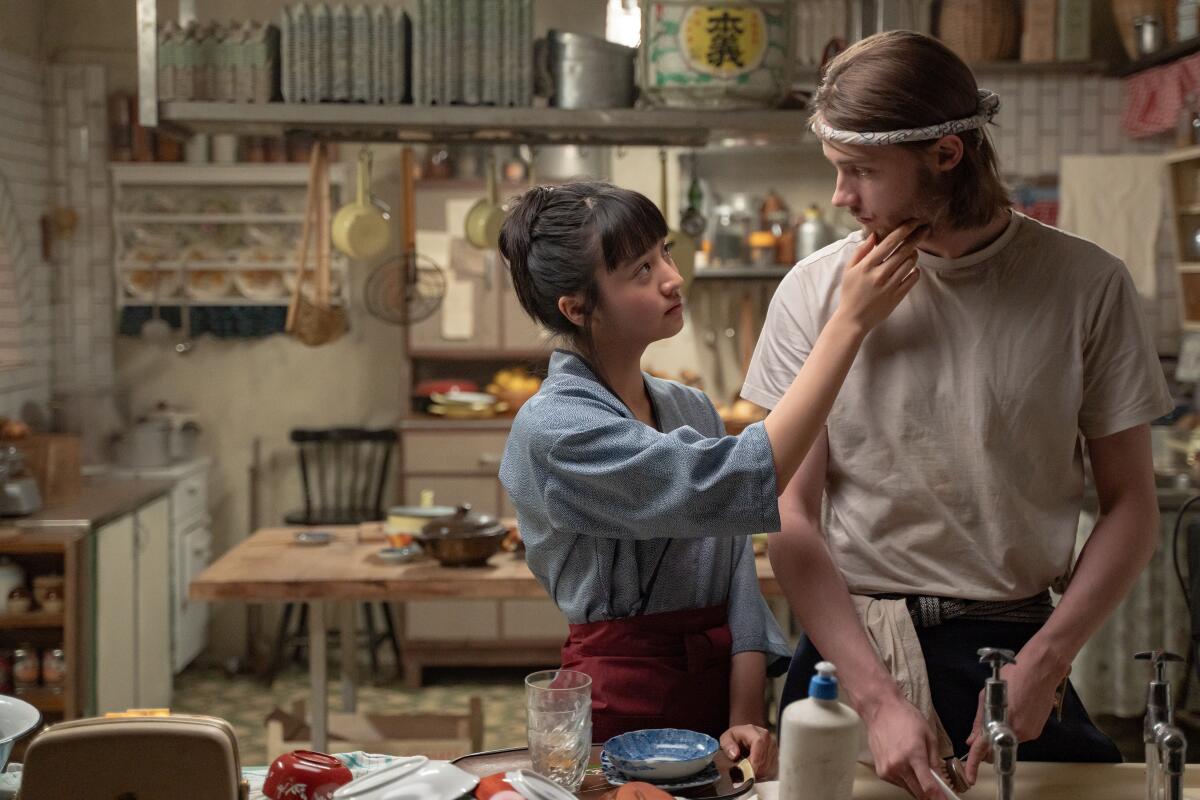
Based upon Ólafur Jóhann Ólafsson’s novel, Baltasar Kormákur’s Touch is a moving romance that seems to have flown under the radar this year. Kristófer (Egill Ólafsson) returns to England from the Island at the dawn of the COVID pandemic to find his long-lost love, Miko. A student fifty years earlier at the London School of Economics, he and Miko met at a Japanese restaurant and had a love affair he couldn’t shake years later. Haunted by his past life, he retraces his steps, finding old acquaintances and a vastly different London on the eve of the first lockdown. With beautiful performances by Palmi Kormakur and Kōki as their younger selves, Touch is a moving ode to the past and present.
6. I’m Still Here (Walter Salles)
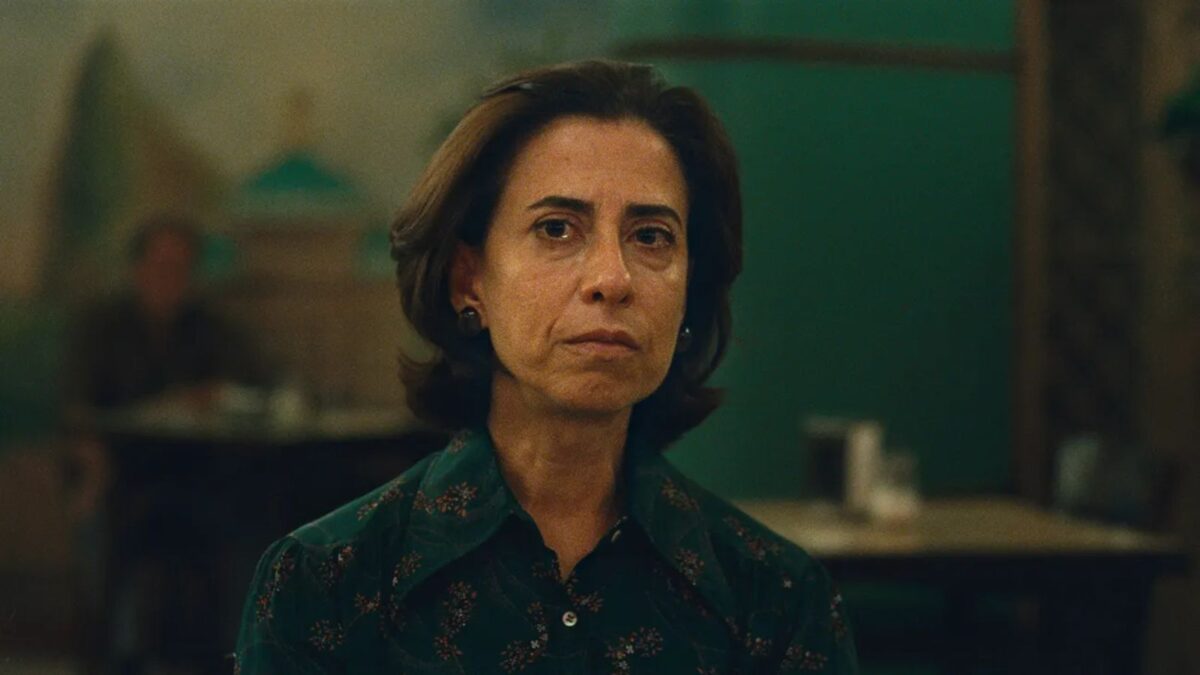
A sprawling epic set primarily in 1970s Rio de Janeiro in a period of political installability, congressman Rubens Paiva and his wife Eunice (played magnificently by Fernanda Montenegro and Fernanda Torres, respectively) are imprisoned. Eunice is eventually released after 12 days of torture and is forced to raise her children on her own. The power in Salles’ picture comes from its view of the arc of history. As the nation evolves back into a democracy and eventually acknowledges the sins of its past, the film’s duration continues, and these events continue to haunt Eunice. I’m Still Here is a bold and vital film about the power of truth and reconciliation, chronicling political violence’s impact on an innocent family.
5. I Saw the TV Glow (Jane Schoenbrun)
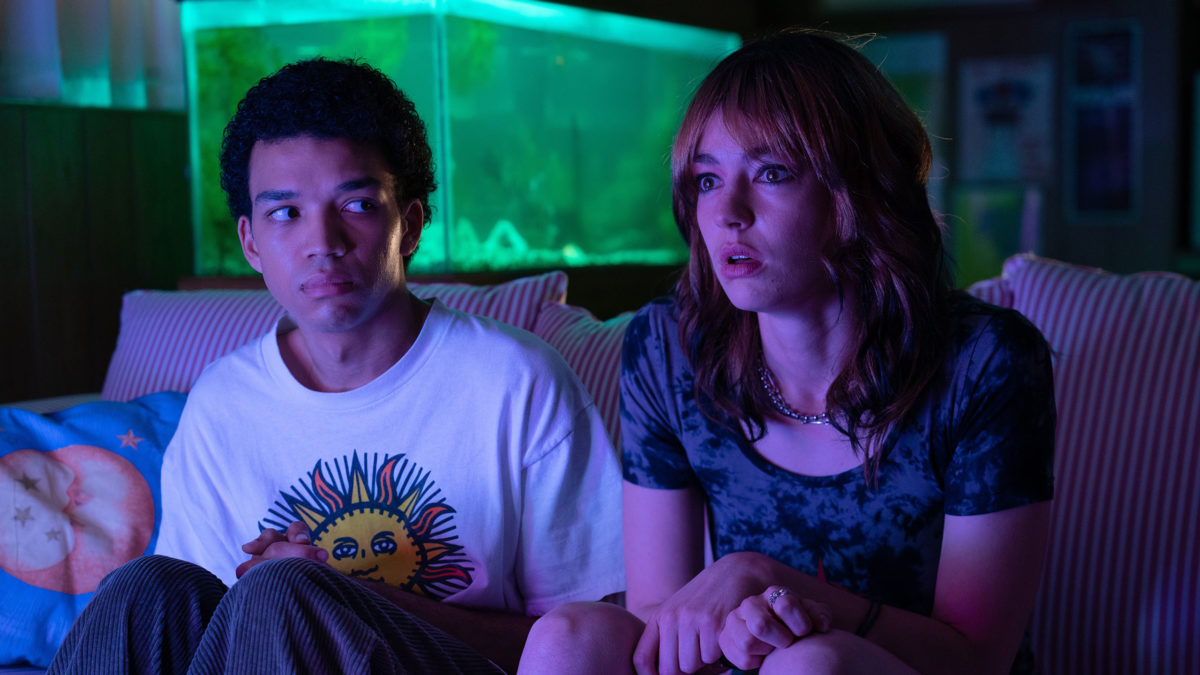
An accessible and atmospheric allegory focusing on the impact that media, friends, and society have on a character who realizes their identity does not correspond with their assigned gender, Jane Schoenbrun’s fascinating I Saw the TV Glow is a masterfully crafted picture following the coming of age of Owen (Justice Smith). Stuck in the suburbs, Owen begins to rebel against his parents, staying up late to watch the tween fantasy series The Pink Opaque. Along the way, as one does from the media with their youth, the show takes on a creepy life of its own, haunting Owen. Schoenbrun’s riveting picture casts a spell over viewers, emotionally resonating and visually fascinating in each constructed frame; this is one of the year’s most exciting films.
4. The Brutalist (Brady Corbet)
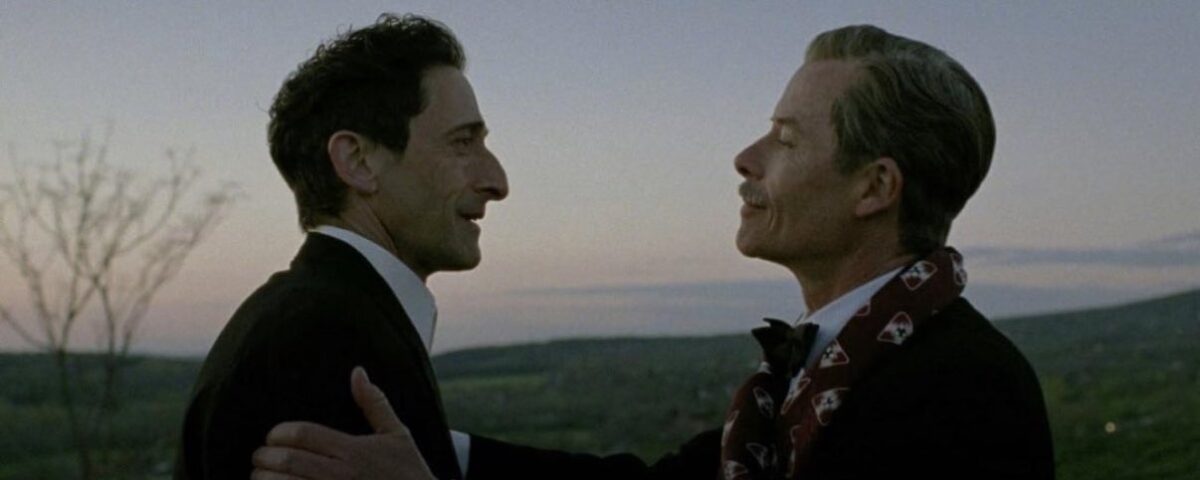
A sprawling film complete with an intermission, Brady Corbet’s The Brutalist dissects the American Dream in three chapters. Adrien Brody stars as László Tóth, a Hungarian-Jewish architect and Holocaust survivor who makes his way to Philadelphia in 1947 and eventually finds a wealthy benefactor (Guy Pearce) to underwrite a grand vision. Like many a filmmaker or artist doing work for hire, he finds himself up against a wall time and time again, at the whims of Pearce’s Harrison and son Harry (Joe Alwyn); he’s torn away from his family and nearly destroyed. Corbet’s film, the first in some fifty years shot in VistaVision and shown in select theaters in 70mm, is the year’s most ambitious picture with the scope of a novel. Despite a few missteps in its three-hour running time, The Brutalist lives and breathes as a great new American epic.
3. Nickel Boys (RaMell Ross)
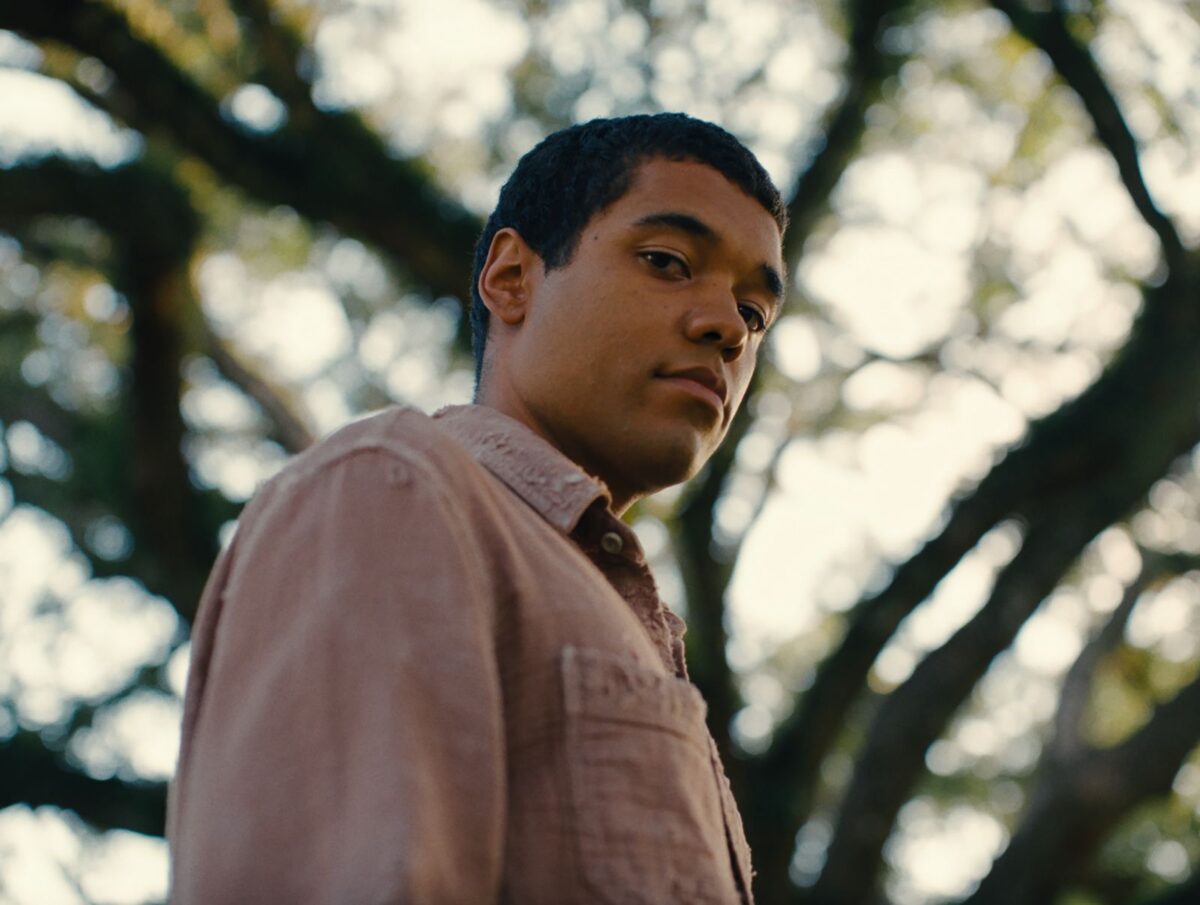
Told entirely within the perspective of its lead characters Elwood (Ethan Herisse, Ethan Cole Sharp, and Daveed Diggs) and Turner (Bradon Wilson), RaMell Ross’ Nickel Boys is formally one of the most ambitious films of the year. In restricting the film to large point-of-view shots, Ross captures the nuances of early life until the boys are imprisoned in a Jim Crow-era reformatory in Northern Florida. Adapted from Colson Whitehead’s novel and inspired by the dark history of the Florida School for Boys, Nickel Boys is a powerful and moving film about our responsibility to the past.
2. Hard Truths (Mike Leigh)
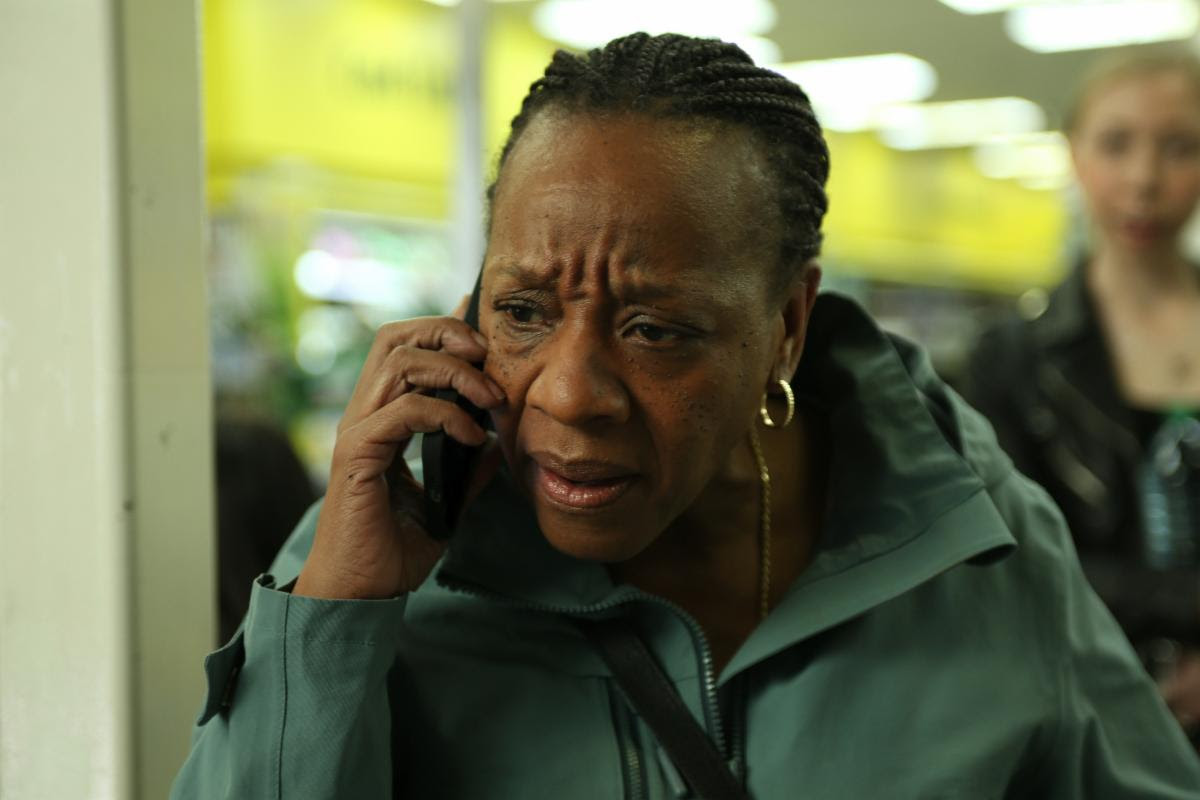
Oscillating between past and present in his film practice, the great Mike Leigh’s present-day work of social realism directly addresses the cost of physical and social isolation as a result of the COVID-19 pandemic. Of course, Pansy (the masterful Marianne Jean-Baptiste) was always known to have a short fuse, blowing up at her son Moses (Tuwaine Barrett), husband Curtley (David Webber), sister Chantell (Michelle Austin) and anyone else she encounters from retail workers to health care providers.
Leigh approaches Pansy with sensitivity, nuance, and wit in a film that, like other contemporary Leigh pictures (Secrets & Lies, Another Year, Life is Sweet), is full of tonal shifts even within scenes. What emerges is a thoughtful portrait of a family battling their matriarch’s mental illness, told with empathy toward Pansy. Marianne Jean-Baptiste hands down gives the best performance of the year in Leigh’s best film since his 1996 masterpiece Secrets & Lies.
1. No Other Land (Yuval Abraham, Basel Adra, Rachel Szor and Hamdan Ballal)
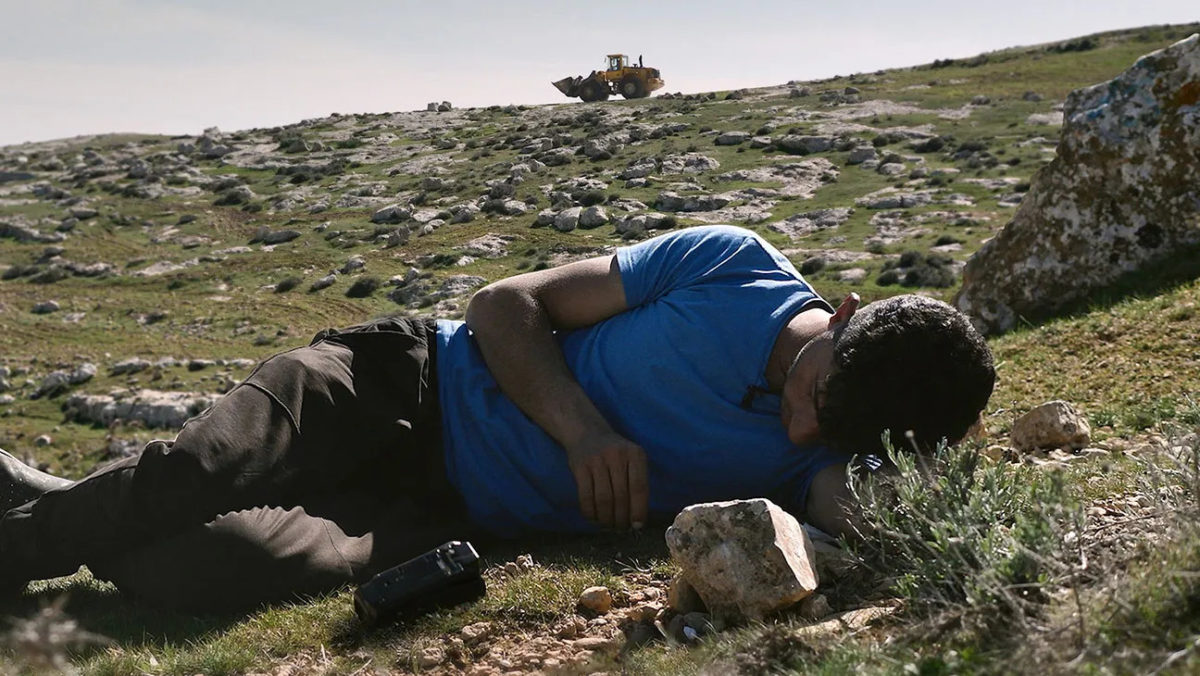
An extension of the activism of Palestinian native Basel Adra and Israeli journalist Yuval Abrahma, No Other Land is a powerful vérité documentary that refuses to turn away from the destruction of the Masafer Yatta villages in the southern West Bank. The film glosses over a certain perspective, court cases, and history, spending only a few minutes providing additional context, but those who write history and laws are the same ones with machine guns and bulldozers. Activists are in the position they are in because of a sheer power imbalance that does not allow them a seat at the table.
Adra, a native of the region, films the demolition of homes and schools as the Israeli military cruelly condemns and demolishes this peaceful agricultural village for training grounds and newly permitted settlements. The film’s title is taken from words spoken by a mother in the film: there is no other land, this area, and these buildings are home.
Mostly completed over a five-year period before the Hamas-led attack of October 7, 2023, the film briefly bears witness to the intensification of the attacks and retaliation in a chilling coda that is sure to stay with viewers. No Other Land is a historical record from the front lines of a conflict with no end in sight as inhabitants are cruelly pulled from their homes by forces from a state they cannot be part of. Social media video content and documentary films have a unique power to change hearts and minds, as Adra and Abraham have attempted to do throughout their practice.
Whereas Nickel Boys questions our responsibility to the past and Dahomey explores the first step towards reconciling the ills of colonialism and plunder, No Other Land is an immediate global call to action to stop a widening humanitarian crisis spanning multiple decades.
2024 was a bold and exciting year at the movies, and I look forward to the ways in which the masters of the medium and early career filmmakers will continue to expand the boundaries of the medium and, in some cases, at great risk to themselves, in the new year.
